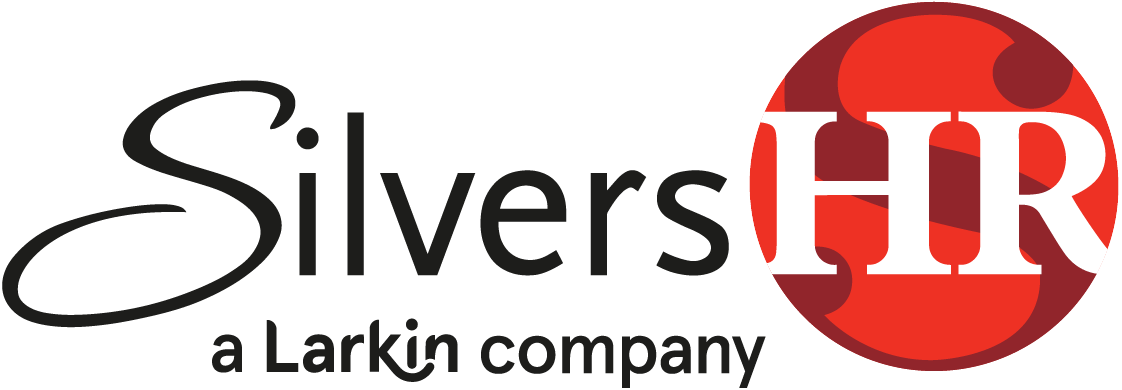By Laurie Nooren, SPHR, PHRca, SHRM-CP
If you serve alcohol at your business, please take note. Beginning July 1, 2022, anyone who serves or delivers alcohol, checks IDs for the purpose of serving alcohol, takes orders for alcohol or pours alcohol, and their managers, must be certified by an accredited Responsible Beverage Service (RBS) training provider and register with and pass an Alcoholic Beverage Control (ABC) exam no later than August 31, 2022, or within 60 calendar days from the first day of their employment.
A bit of history: In 2017 AB 1221 was passed, creating the Responsible Beverage Service Training Program Act. This required ABC to create a training program to ensure servers and their managers are educated on the dangers of serving alcohol to minors and over-serving alcohol to adult patrons. The mission is “to ensure effective RBS training for servers and their managers to curb harm related to underage drinking and the overuse of alcohol in California communities.” AB 82, passed in June of 2020, extended the deadline to beginning July 1, 2022, to alleviate some of the financial burden to the hospitality industry caused by the COVID-19 pandemic.
A common question from our clients has been “who pays for this (and other) training?” Like the food handlers’ card, which is required for anyone who handles or serves food, this RBS certification can be taken by the employee from one job to another. But other trainings are the sole responsibility and expense of the employer, such as anti-harassment training. So, who pays for what – Is the employer on the hook for the time for the training, or the cost of the certification itself, or both?
Good question! After unsurprisingly not finding any specific, clear guidance from any source such as ABC or the Department of Fair Employment and Housing (DFEH), we went to our trusted legal counsel, Shaw Law Group (SLG), who gave their legal opinion as follows:
- RBS, Food Handler and ServSafe Trainings – These trainings are required by the profession and the law does not “impose an obligation on the employer to pay for it or provide it.” Therefore, the employer would not be required to pay for this training.
- Anti-Harassment Training – The law obligates an employer to provide this training, and it is not a requirement of the profession, so therefore the employer would be required to pay for the training.
The above opinion is based on DFEH opinion letters (albeit old ones). It would be great if the DFEH would just state that for each of the above trainings, but they haven’t yet done that. Counsel is basing their answers above on logic from these opinion letters. But as a reminder, rules are different for trainings that aren’t legally required – the employer would likely be on the hook for those trainings.
So, some good news, at least, for CA employers who by now are getting used to having to pay for their share – and then some.
Please visit https://www.abc.ca.gov/education/rbs/ for more information on this training.
